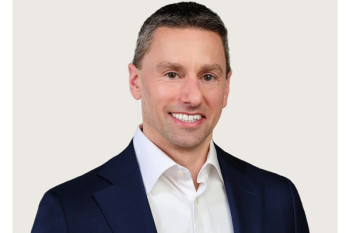
Education and Support Surrounding Atopic Dermatitis
Pamela Fantus, a patient with atopic dermatitis, describes her process for staying informed on up-to-date management and outlines the support network she has created to overcome the barriers of disease.
Pamela Fantus, a patient with atopic dermatitis, describes her process for staying informed on up-to-date management and outlines the support network she has created to overcome the barriers of disease.
Transcript
Pamela Fantus: As far as my education goes, I have a wonderful dermatologist whom I sought out once I realized I had atopic dermatitis. I had met many doctors, but I looked specifically for one who dealt with atopic dermatitis patients.
When I found this specific physician, he was excellent. He said, “I’ll do whatever it takes. Let’s do this.” He had a plan. He had written care plans. He was very informative. Your physician is the first line.
As far as support and educating myself, there is an association, the National Eczema Association. It’s excellent. There’s a website. It is very information. I would recommend anyone with atopic dermatitis go to that website. They give information about what medications helped them, or what didn’t. I think it’s fabulous that we have that now for people to go to. Those would be the sources I go to for information.
As far as my coping mechanisms, I think I’m just tough. I have to say, I grew up in the country on a farm. I had 5 brothers, and I really learned to cope with things. You have to in those situations. For me, I tend to do it without asking for a lot of help. My family is extremely supportive. Unfortunately, they’re all physicians: my sons, my daughter-in-law, and my husband. They are overly sensitive to my needs, so I try to prevent them from knowing everything, which is probably part of my own process. But if I ever said, “I’m really having issues with skin today, can we do this another day?” they would absolutely agree because they do have an understanding. They see me. They usually ask me, “Your skin looks bad, how are you doing?” I think anyone needs supportive individuals who are around you all the time.
You have to have a supportive physician. You have to have supportive family members to get through this. You have to just realize that it’s part of life.
This video was supported by Pfizer.
Newsletter
Stay ahead of policy, cost, and value—subscribe to AJMC for expert insights at the intersection of clinical care and health economics.







